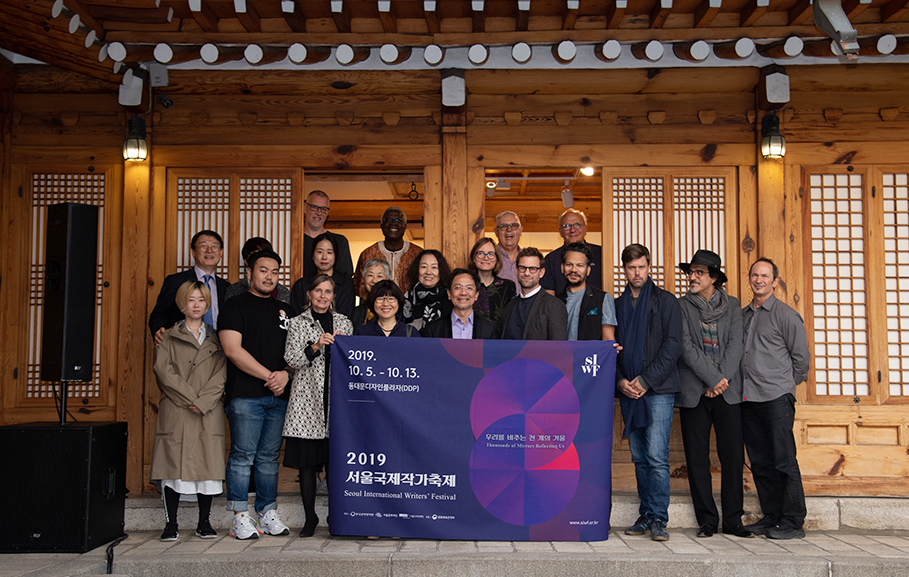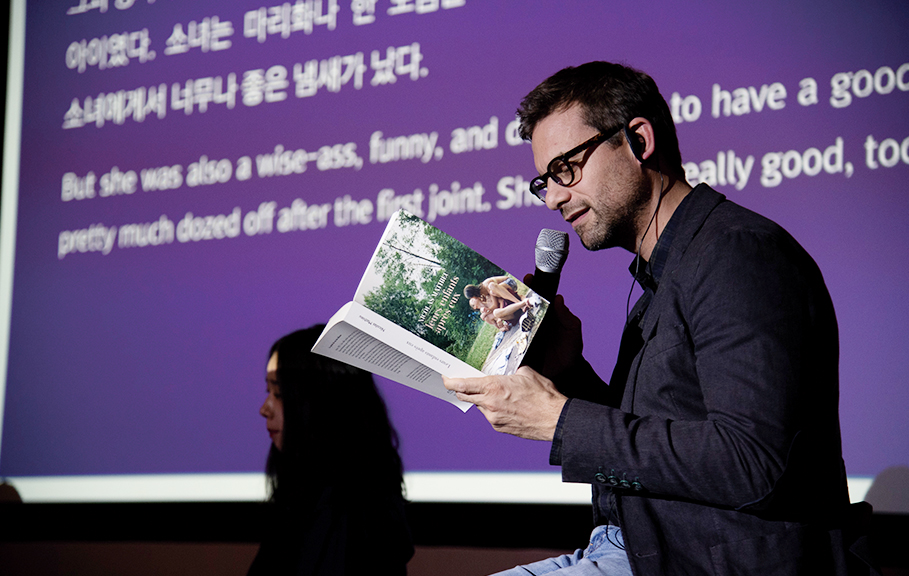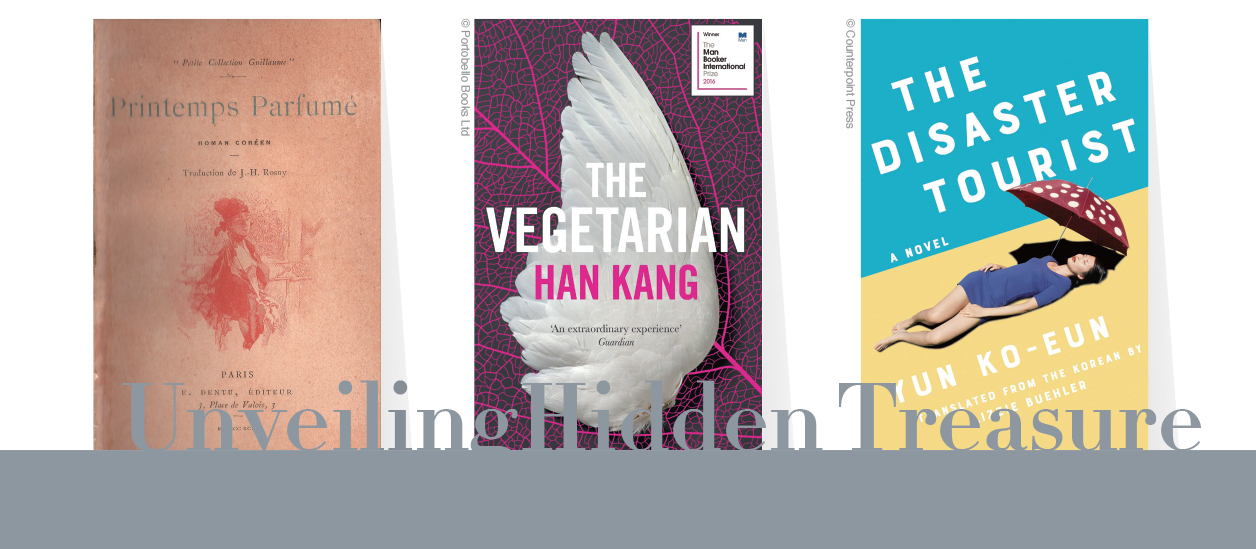August 2021

August 2021
It wasn’t easy for Korean-language literary works to gain world attention. Literature is an art of language born of human experience and creativity. It’s also a culture all its own, embracing the life experiences of individuals and communities as well as their aesthetic sense. To transmit Korean literature to the world, you need to translate it from Korean into other languages, and you must do so with an understanding of the life experiences of that community called “Korea.” That is to say, with an understanding of a particular society’s historical context.
Written by
Yoon Bu-han,
Expert Member of the Literature Translation Institute of Korea
Photo Courtesy of
Literature
Translation
Institute of Korea

In particular, the historical conditions of Korea produced a long wait before Korean literature could be introduced to the world. Given that “Chunhyangjeon” was translated and published in France in 1892, Korean literature presented itself to the world over a century ago. However, historical conditions such as the period of upheaval in East Asia in the late 19th century, 36 years of Japanese occupation, liberation from Japanese rule followed by the Korean War, the national endeavor to develop the economy and the people’s struggle to establish democracy meant little priority was given to promoting Korean literature overseas. It was only in the 1990s when Koreans started to develop an awareness through the wave of globalization that we could communicate with the world through literature “on the same level.” In this context, the Literature Translation Institute of Korea was established in 2001 with the motto, “Sharing Korean Literature with the World.” Since its establishment, it has offered support for translation and publication, engaged in international exchange and developed translators, laying the foundation for Korean literature to reach the world.

 The Seoul International Writers’ Festival brings together writers from around the world every year.
The Seoul International Writers’ Festival brings together writers from around the world every year.
“Contemporary Korean literature is as dynamic as the Korean society. In particular, young authors nowadays deal with novel subjects that I do not see in France. I hope this will present an opportunity for French readers who only think of the war when it comes to Korea to actually meet the new Korea.” This is what Jean-Marie Gustave Le Clézio―the 2008 Nobel Prize Winner in Literature―said in an interview featured in the special issue of NRF, the most prestigious literary magazine in France, on Korean literature. By “dynamic,” he meant that global issues such as colonialism, war, class conflict, inter-generational conflict, gender conflict and environmental issues caused by rapid growth are condensed in Korean literature.
The international success of Shin Kyung-sook’s “Please Look After Mom” in 2012 kicked off global interest in Korean literature. That interest only grew after Han Kang’s “The Vegetarian” won the 2016 Man Booker International Prize. In 2020, Ha Seong-nan’s “Bluebeard’s First Wife” was selected as a Publishers Weekly Top Ten Book of 2020. In June this year, Yun Ko-eun’s “The Disaster Tourist” won in the Crime Fiction in Translation Dagger category at the CWA Daggers, organized by the Crime Writers’ Association (CWA) in the United Kingdom. In the recent years, Korean poetry also attracted global attention. In 2019, Kim Hye-soon’s “Autobiography of Death” won the International Griffin Poetry Prize, the most prestigious poetry award in the Anglosphere. The following year, “Hysteria” by Kim Yi-deum won both the 2020 National Translation Award in Poetry and Lucien Stryk Asian Translation Prize by the American Literary Translator Association (ALTA).
By winning numerous literature awards, Korean literature is no longer seen as literature from a strange, far-away land; it is started to receive evaluation as a part of global literature. The global acceptance of Korean culture represented by the “Korean Wave” is creating a new type of interest in Korean language and literature. As such, the Korean Wave is laying the groundwork for the steady and stable expansion of Korean literature into overseas markets.
 Korean literature began winning acceptance as part of the world literary scene after several works made breakthroughs in overseas markets.
Korean literature began winning acceptance as part of the world literary scene after several works made breakthroughs in overseas markets.
Let’s reflect on the significance of sharing Korean literature with the world. They say literature is the memory of humanity. Promoting a nation’s literature worldwide is an expression of good faith, of wanting to share the intellectual legacy of humanity with the rest of the world. It is an act of introducing the global audience to different worlds and individuals by translating them anew into various languages.
In this sense, introducing Korean literary works to the international market is more than just adding a few more titles to bookstores; it is contributing new memories to the treasure house of humanity.
An event where Koreans can enjoy the shining stars of literature with citizens of the world is the Seoul International Writers’ Festival (siwf.or.kr). The stories told by the Korean and international authors at the festival―held both online and offline―are our stories, the stories of humanity.